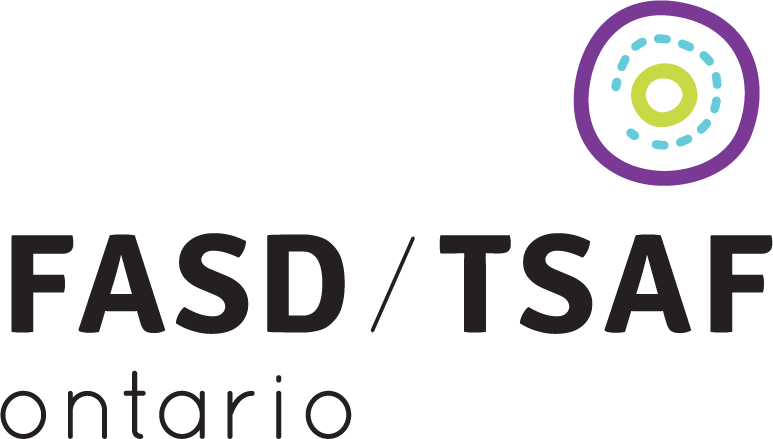FASD and Autism Spectrum Disorder: Similarities and Differences
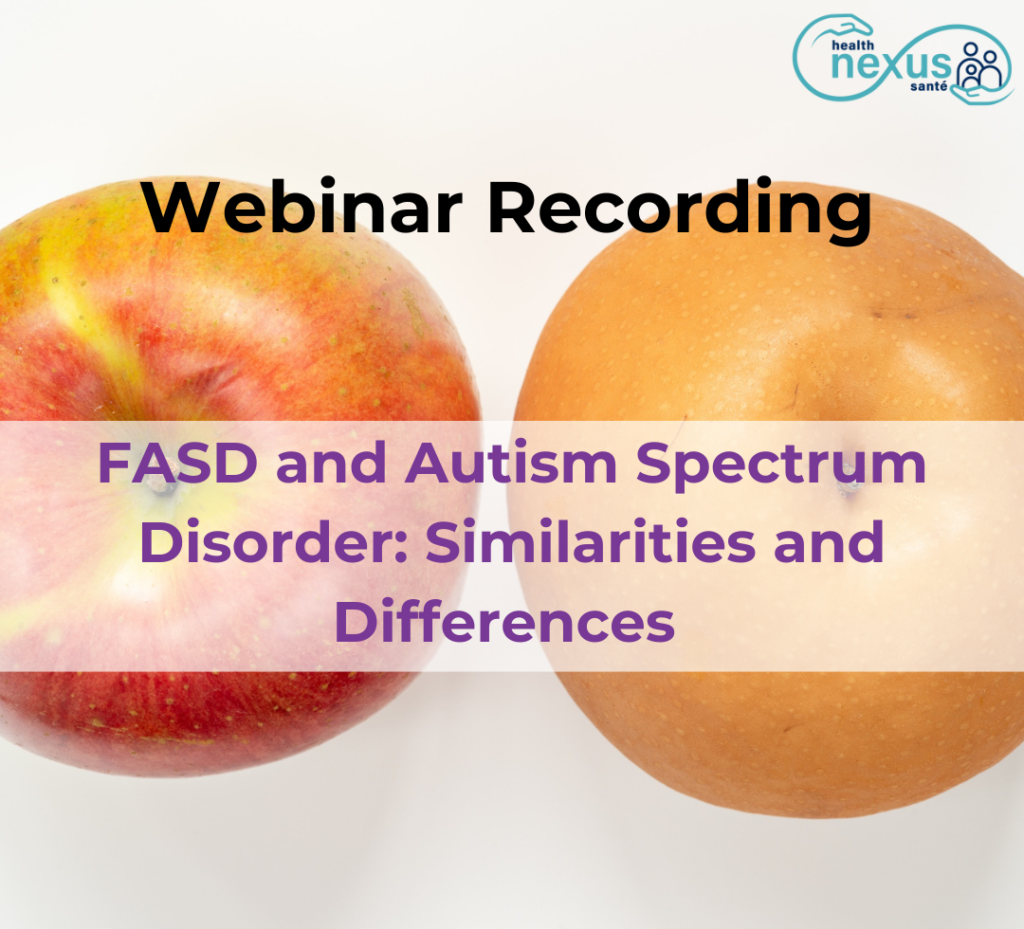
This presentation features Dr. Clare Mitchell exploring the similarities and differences between Fetal Alcohol Spectrum Disorder (FASD) and Autism Spectrum Disorder (ASD).
FASD and Relationships
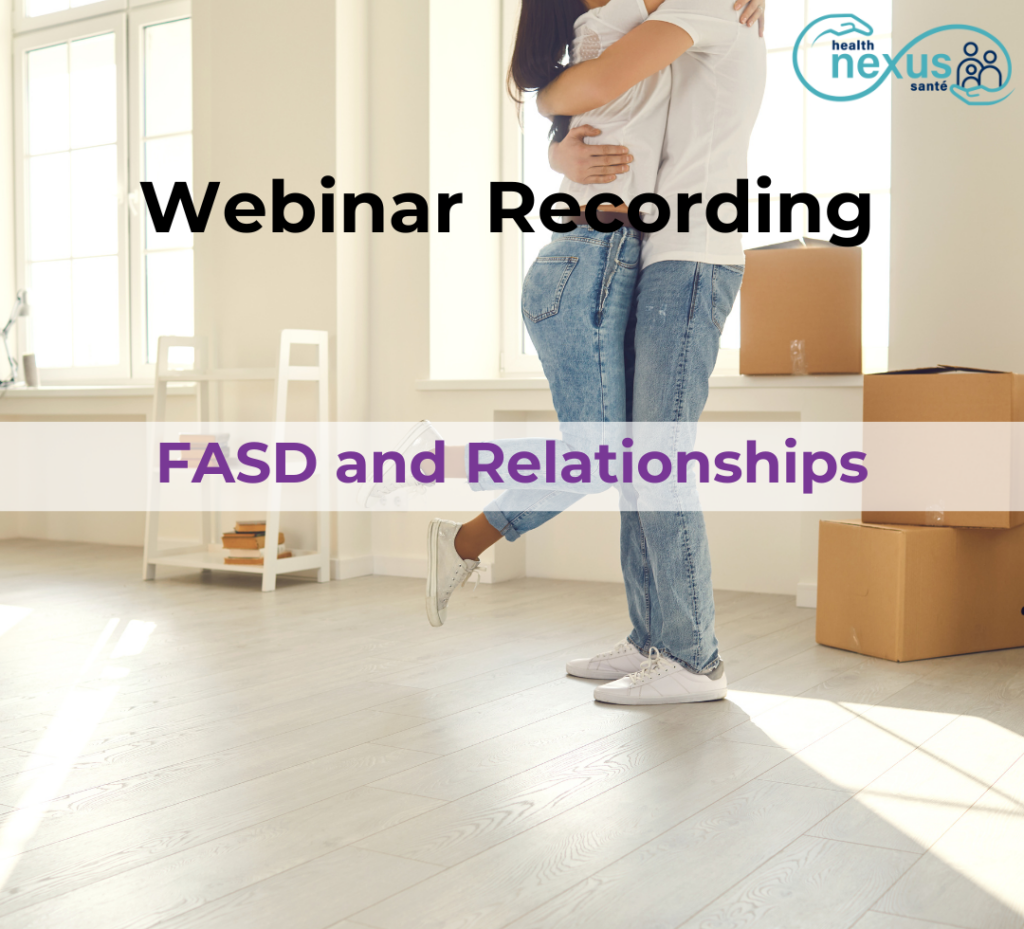
In this webinar, we’ll hear directly from two individuals with FASD, Reinier and RJ, along with their partners, as they share their personal journeys of building and sustaining relationships.
FASD and Dental Issues
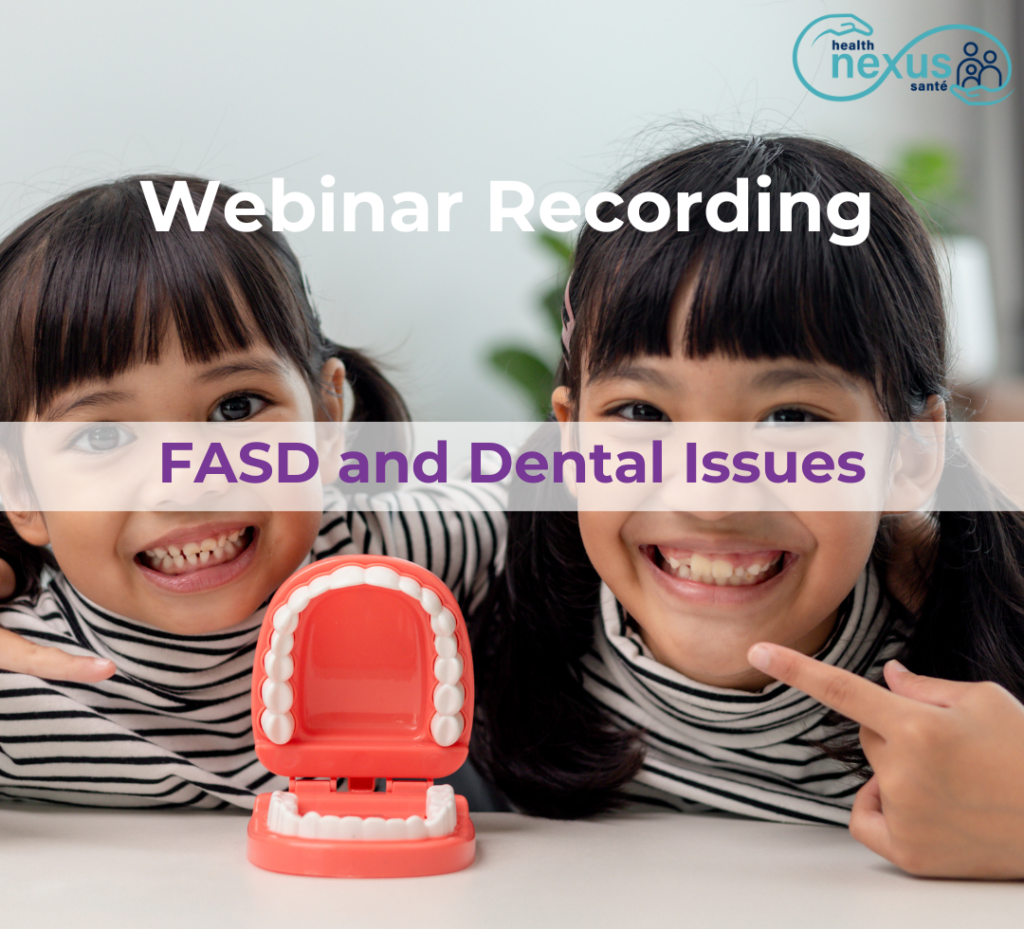
Join Dr. Keith Da Silva, paediatric dentist and researcher in dental public health, as he shares insights on the oral health needs of individuals with FASD and strategies for improving outcomes.
Results of the Caregiver Approaches, Resiliencies, and Experiences (CARE) Study
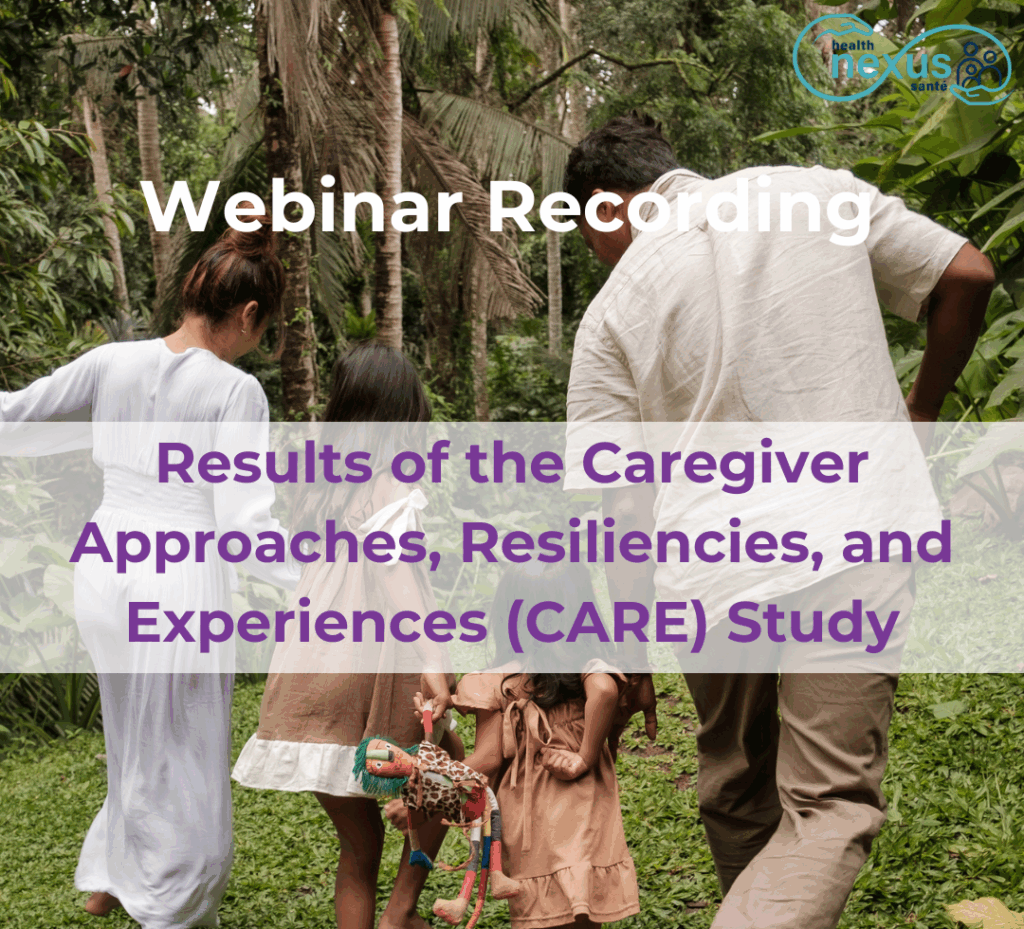
This session will provide an important look at the lived realities of caregivers, offering valuable knowledge for families, professionals, policymakers, and anyone interested in building stronger supports for the FASD community.
FASD and Animal Assisted Services
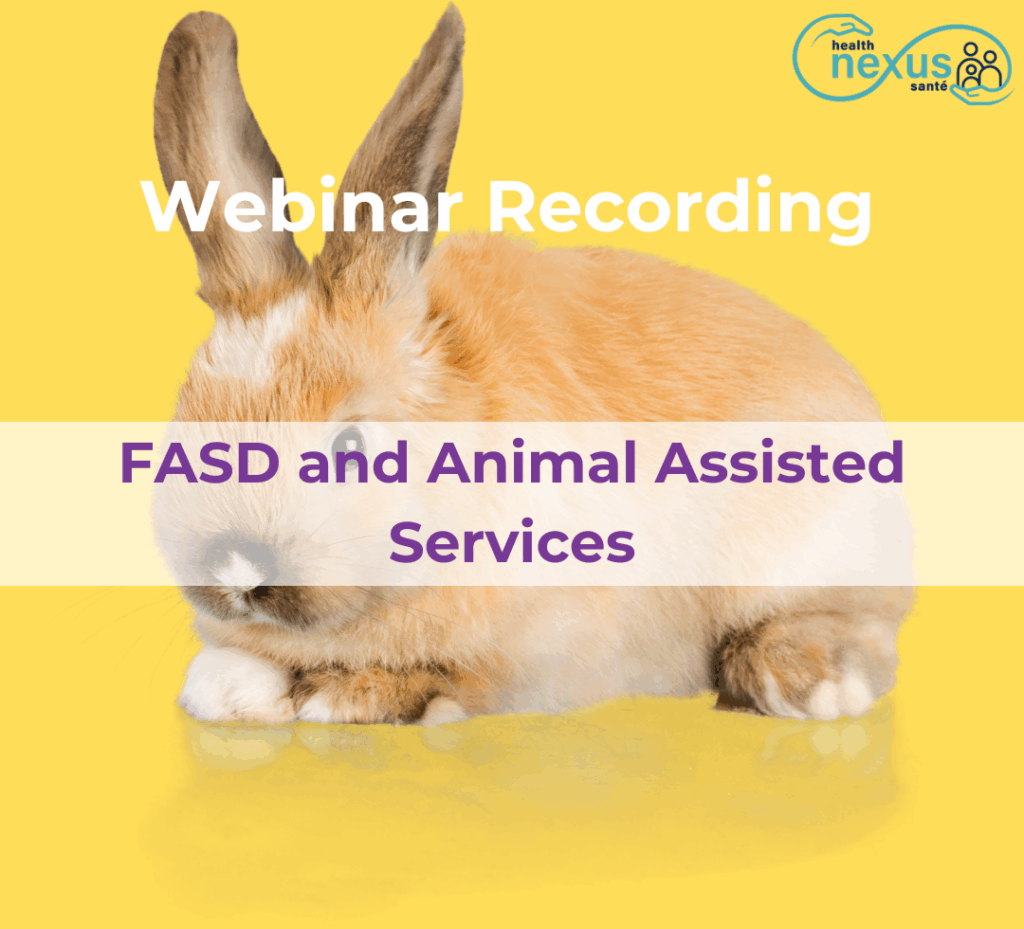
Join us to learn more about the need for a national standard to better assess the type of support you receive for your loved ones.
FASD and Sleep
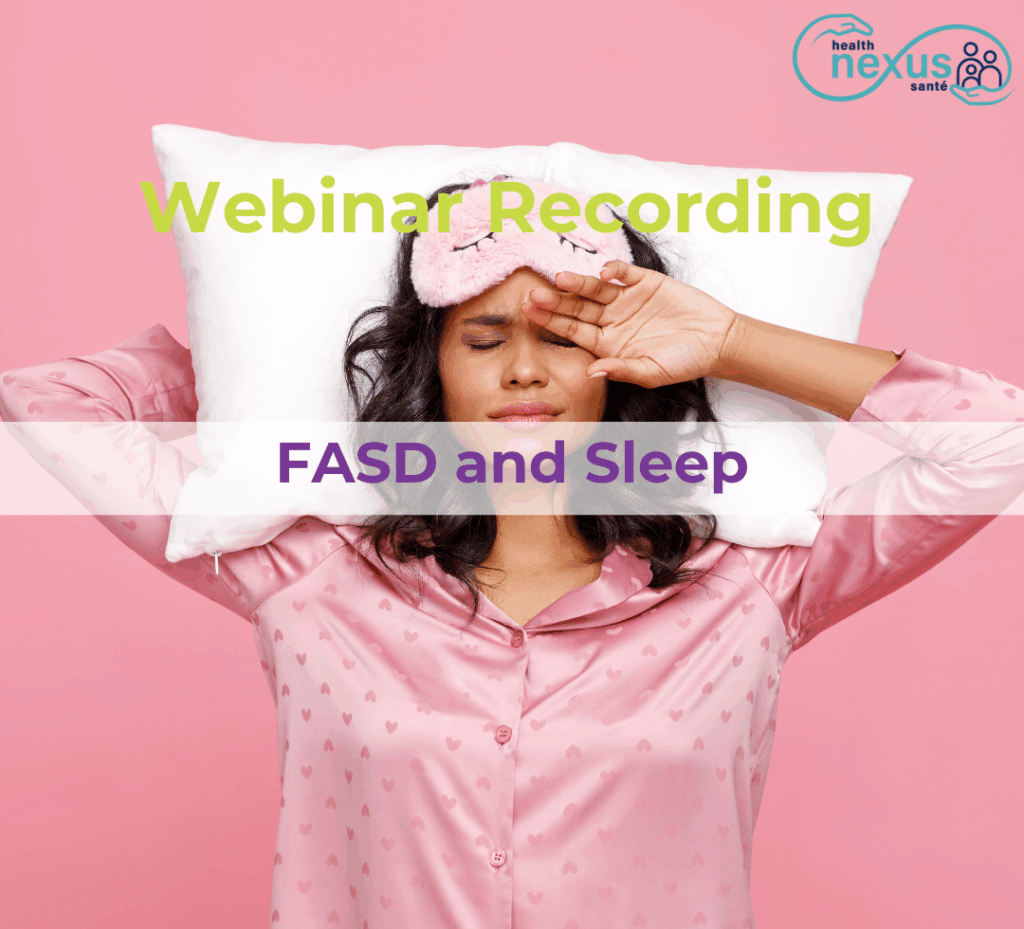
The speakers will present on what interventions can be helpful to promote sleep in children with FASD and how the Better Nights, Better Days program helps parents of children with FASD to sleep better!
FASD, COVID-19, and Aggression
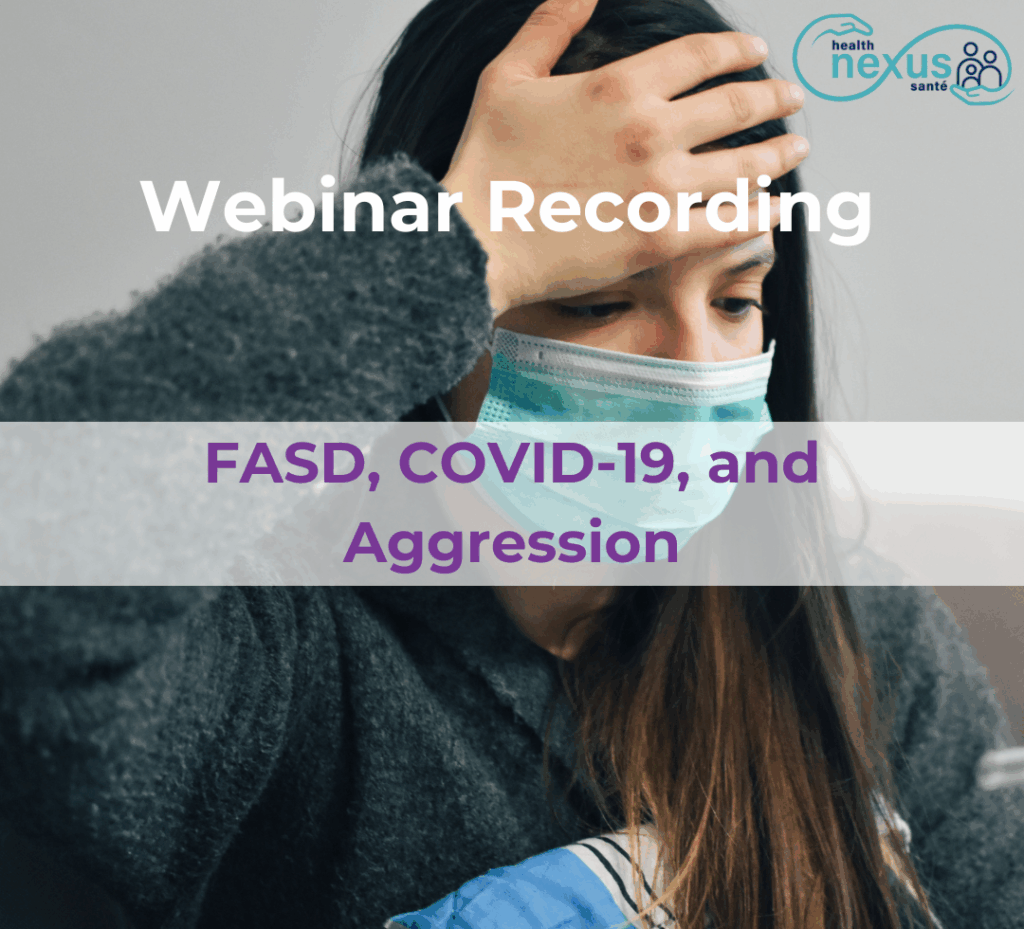
The webinar presents new research updates on child-to-parent aggression in the home.
FASD & Sensory Challenges
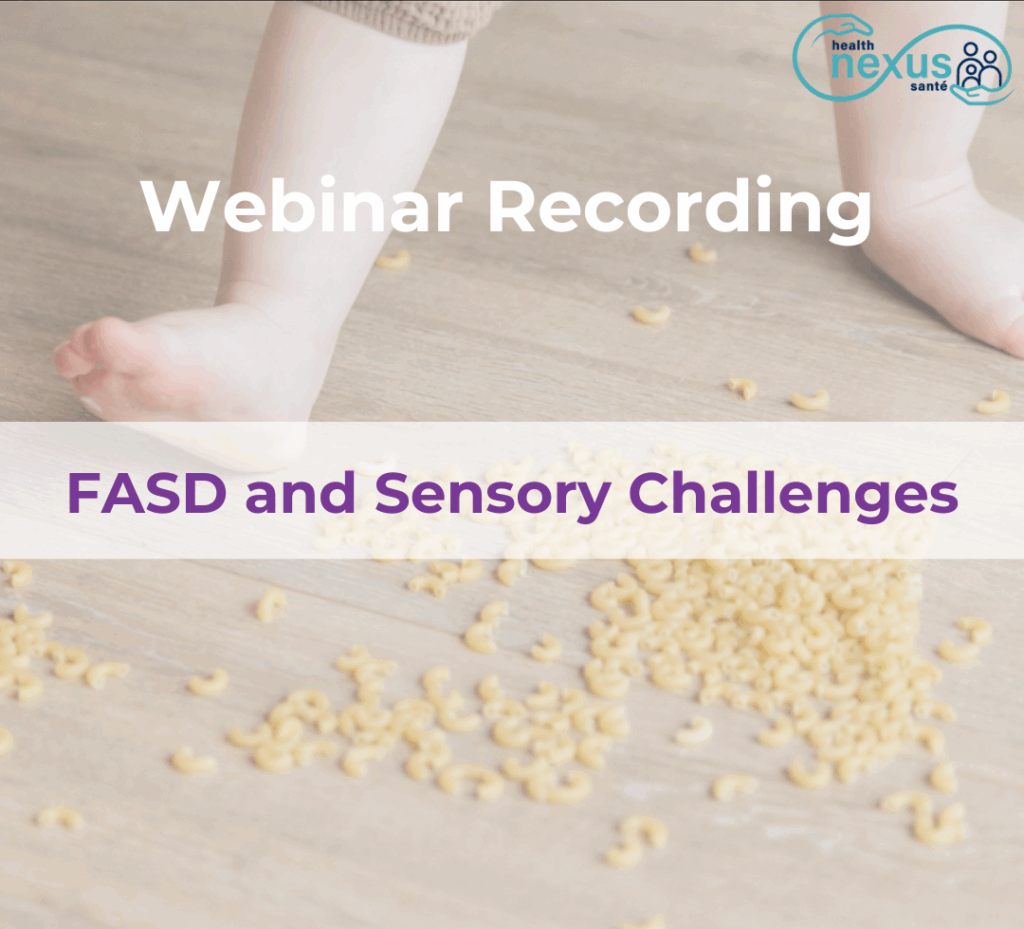
This workshop will discuss the “Pyramid of Learning” and how children’s early developmental movements, milestones, and early life trauma affect the nervous system.
Skills and Chills: A Night Out with Friends
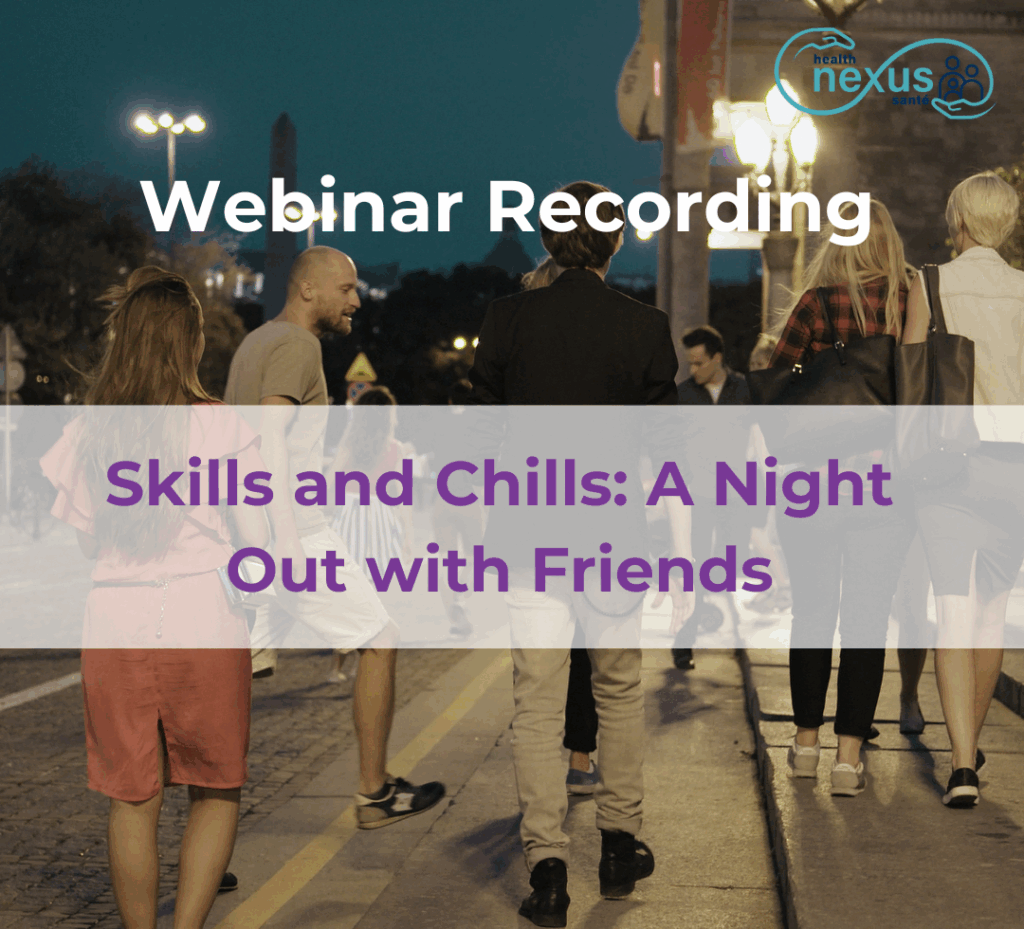
This presentation highlights Skills and Chills, an eight-week social skills program for teens with FASD, delivered through the Health Nexus funded support group A Night Out with Friends – London ON.
FASD Family and Caregiver Support Groups Applications Support 2025-26
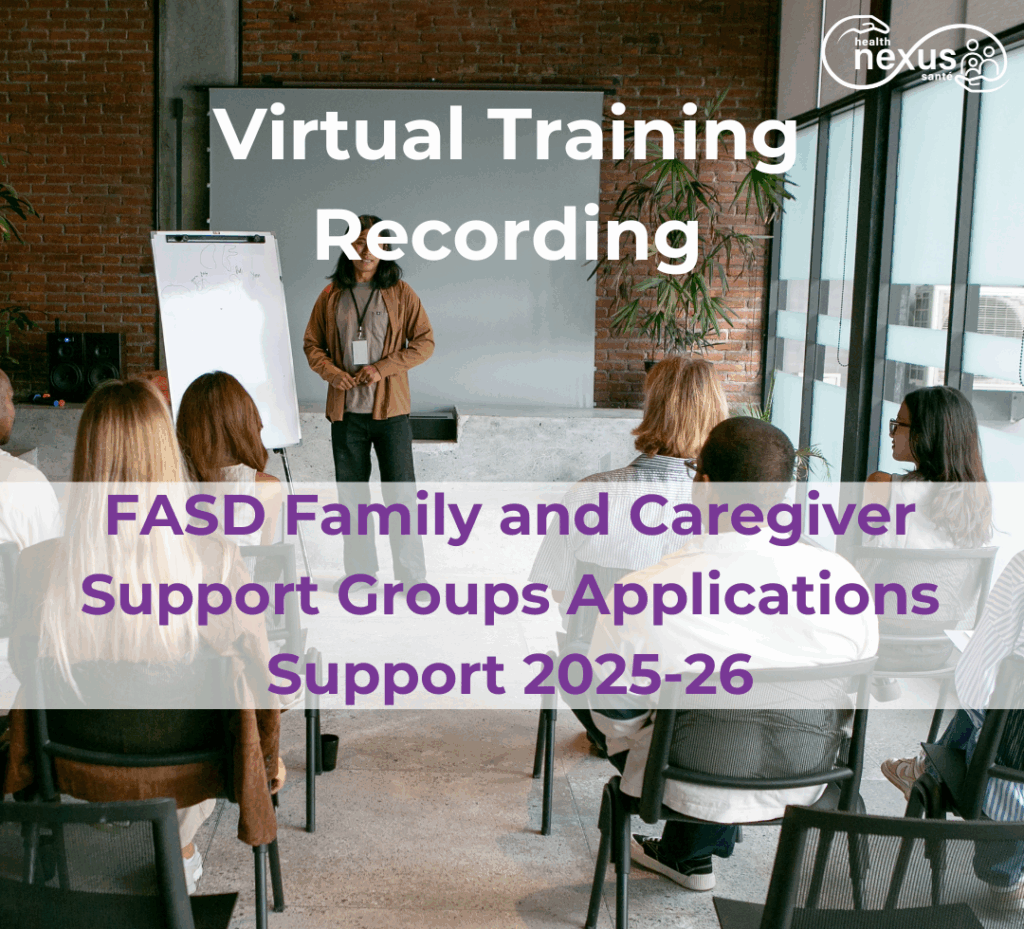
This webinar presents an excellent opportunity for you to gain a comprehensive understanding of the application requirements.
Using a Two-Eyed Seeing Approach to Support Individuals with FASD Part 2/2
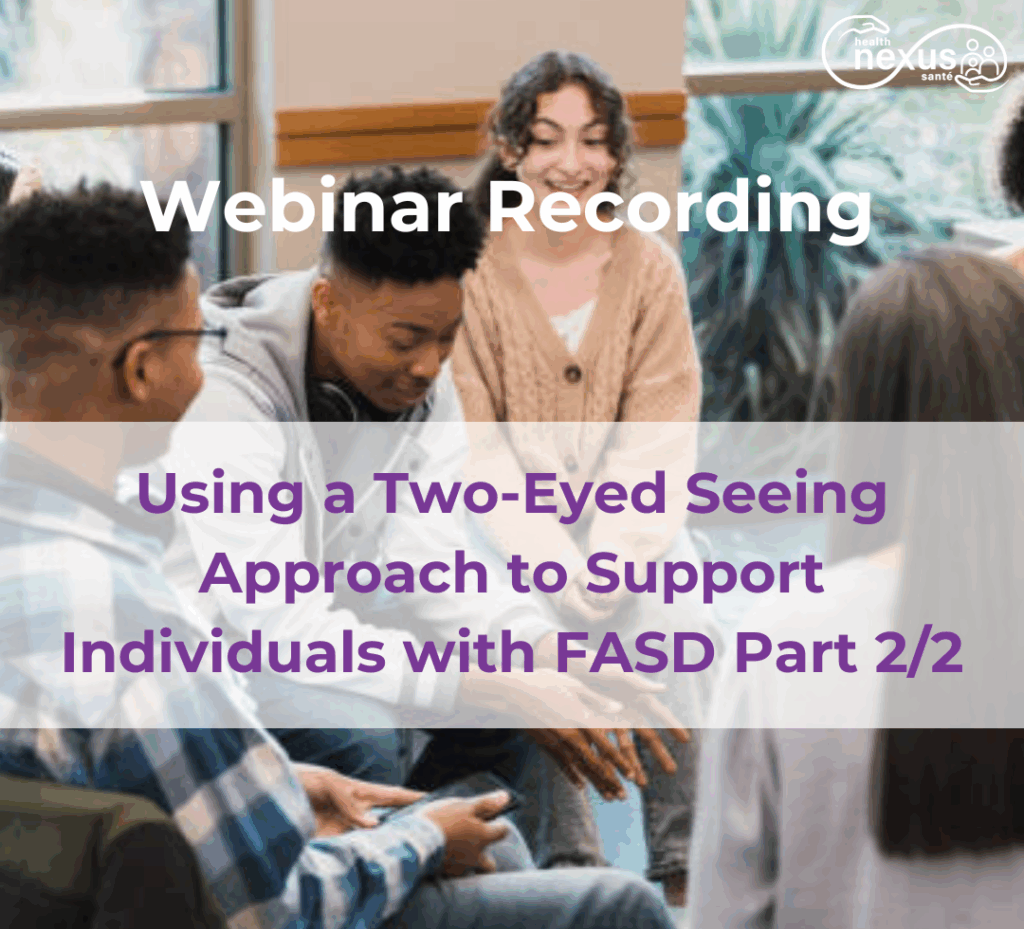
In Part 2 of the webinar, Lori Vitale Cox will delve into the Two-Eyed Seeing (TES) approach to health service delivery for addressing conditions related to transgenerational trauma, such as FASD.
Using a Two-Eyed Seeing Approach to Support Individuals with FASD Part 1/2
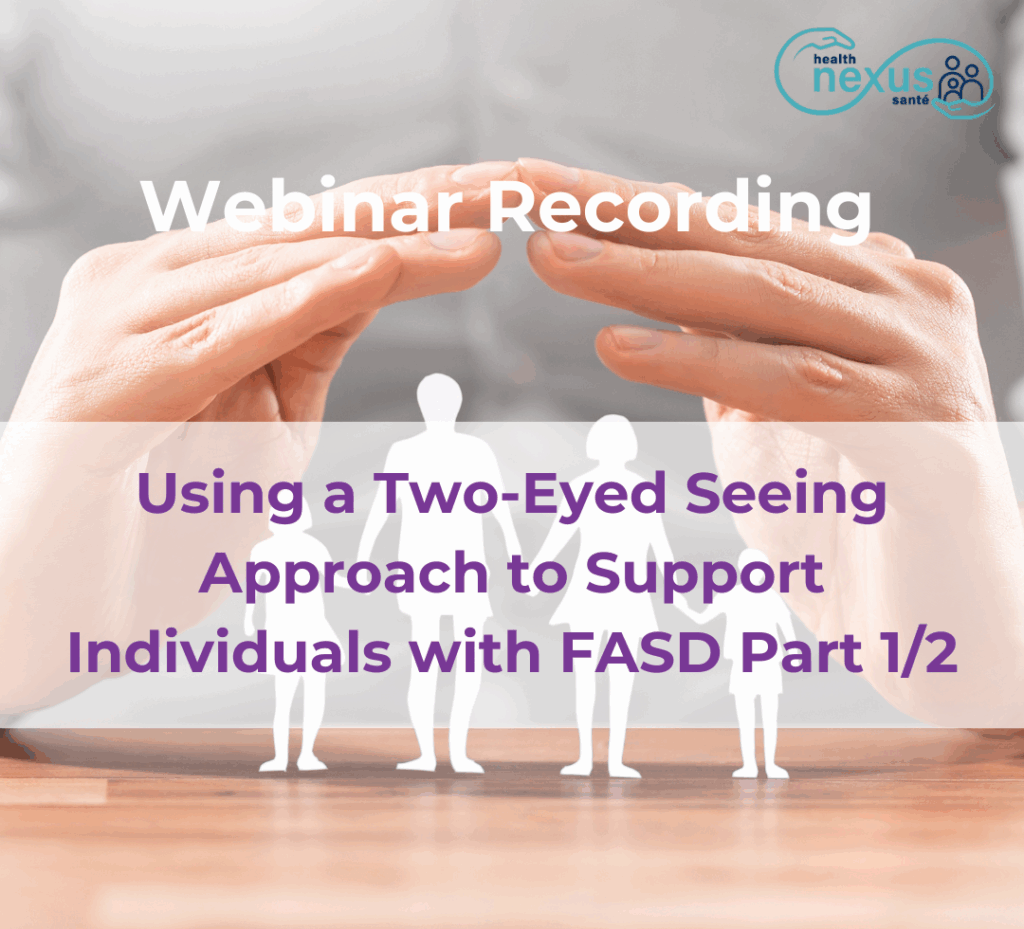
Dr. Lori Vitale Cox will discuss a model of health service delivery for conditions related to transgenerational trauma such as FASD.
